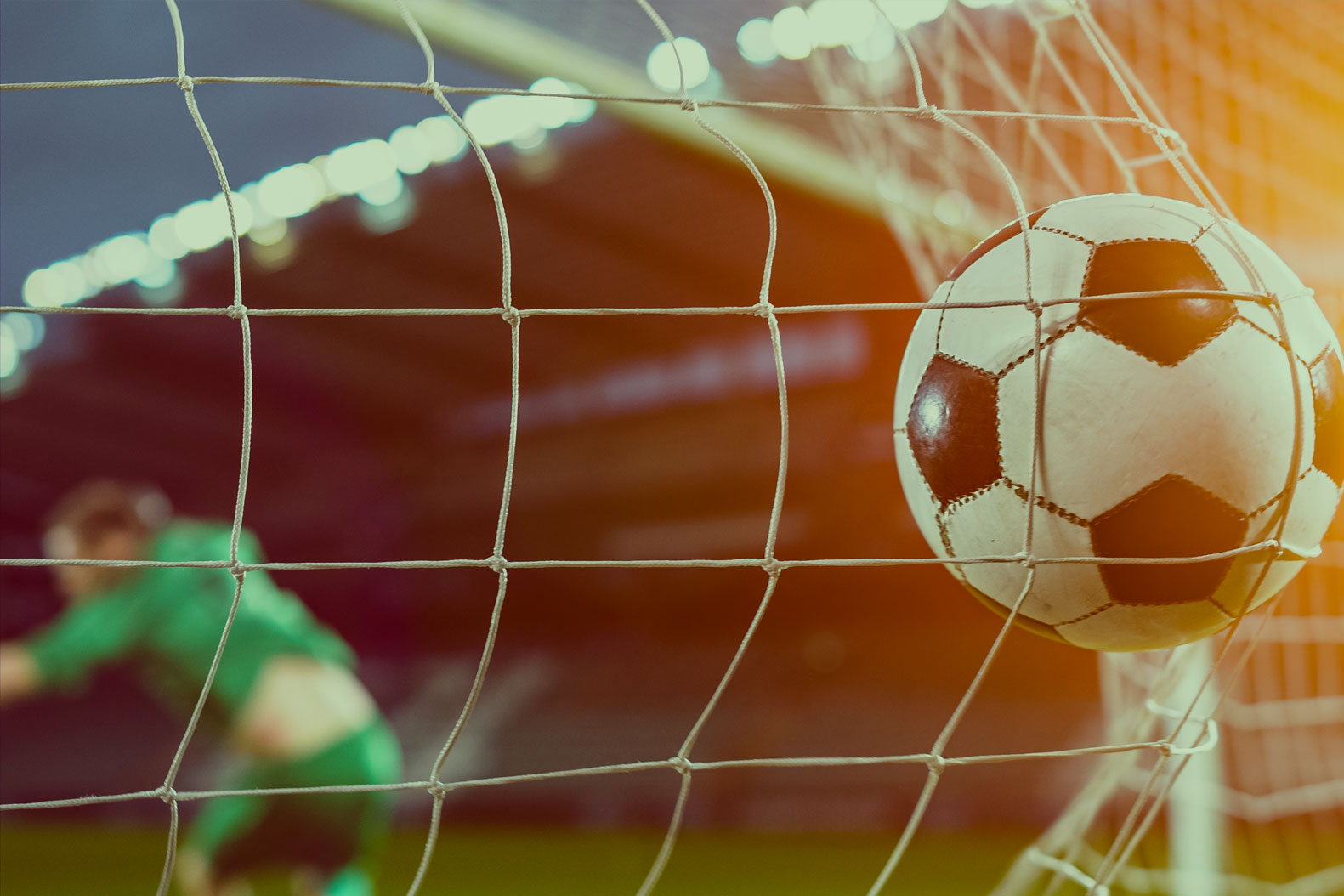
Common goalkeeping mistakes: how to avoid them and improve your performance
Antoine Roex, Keeper In Motion – 19 September 2024
Even experienced goalkeepers often make mistakes that can cost them dearly in matches. Discover common goalkeeping mistakes and learn how to avoid them to maximise your chances of success on the pitch. Whether you’re an amateur or a professional, these tips will help you improve your reflexes and decision-making.
Positioning problems and managing corners
One of the most common mistakes made by goalkeepers is poor positioning, particularly when it comes to covering corners. Poor reading of the play or a lack of concentration can leave areas uncovered, making it easier for attackers to score. It is essential for goalkeepers to assess the trajectory of the ball and position themselves correctly in relation to the opposition’s actions.
To avoid this, the goalkeeper must regularly check his position in relation to the posts and the ball, while maintaining a posture ready to react. In addition, when an opposing player approaches the shooting zone, the goalkeeper must know when to get off his line to reduce the angle of the shot.
Ineffective communication with the defence
A goalkeeper is the last line of defence, but he also has a crucial role as coordinator of the defence. A lack of communication with his defenders can lead to errors in positioning or poor management of play situations, such as free-kicks or crosses. This lack of direction can destabilise the team and allow the opposition to gain the upper hand. To correct this, goalkeepers need to practise giving clear, consistent instructions to their defenders, particularly at crucial moments in the match. A simple shout of ‘I’ll take the ball’ from a cross can make all the difference.
Poor diving and catching technique
Another common mistake is diving incorrectly or not catching the ball properly, which can allow the opposition to seize an opportunity. Some goalkeepers often wait for the ball to come to them instead of ‘attacking’ it when diving. This reduces their ability to protect the goal effectively. To avoid this mistake, it is essential to practise diving proactively towards the ball, always seeking to ‘close’ the angle of the shot. When receiving a shot, the hands should be placed around the front of the ball, close to the body, to envelop it better and avoid any rebound towards the opponent.
Mental management and decision-making under pressure
A goalkeeper faces constant pressure, and this pressure can sometimes lead to hasty decision-making or poor choices. Coming off your line too quickly or, conversely, hesitating to intervene in a one-on-one situation with an attacker are common mistakes that can be costly. To overcome this problem, goalkeepers must learn to remain calm and trust their instincts. Training yourself to analyse situations quickly, particularly one-on-one situations, helps you to anticipate and react appropriately without panicking.
Conclusion
The role of goalkeeper requires not only technical and athletic skills, but also strong communication skills and solid mental management. By avoiding common mistakes such as poor positioning, poor communication and technical errors, goalkeepers can considerably improve their performance and offer their team greater defensive stability. Regular training in correcting these aspects will enable goalkeepers to better manage the pressure on the pitch and make more informed decisions at critical moments.
References :
